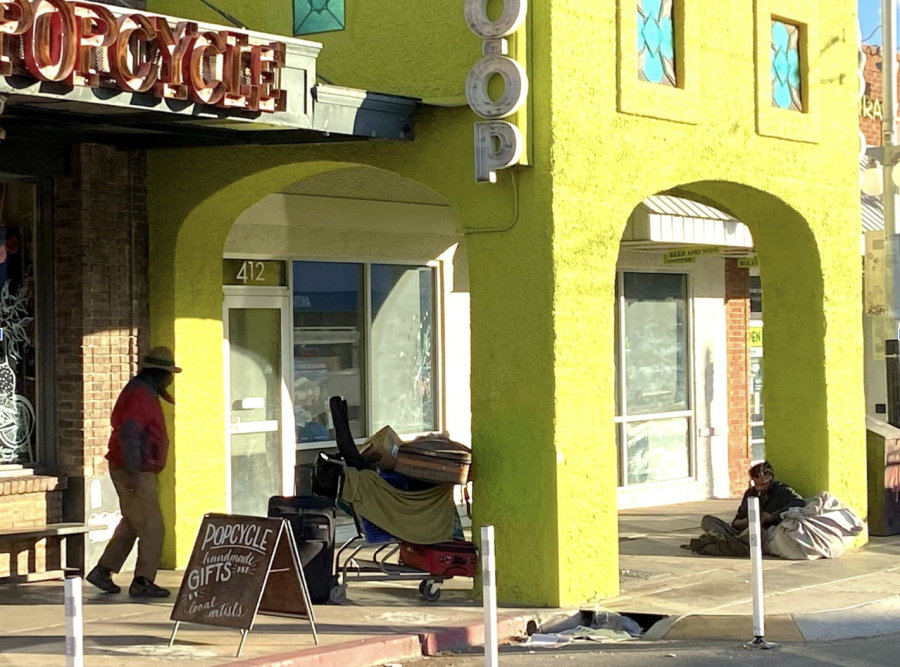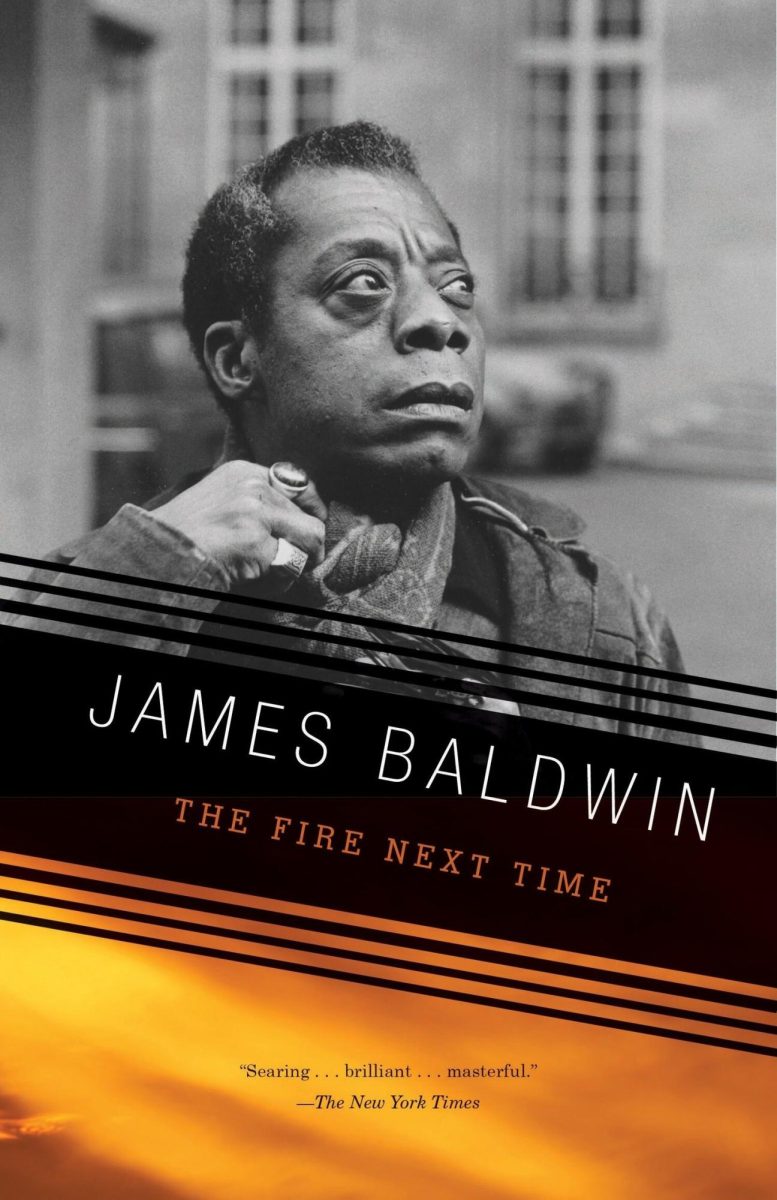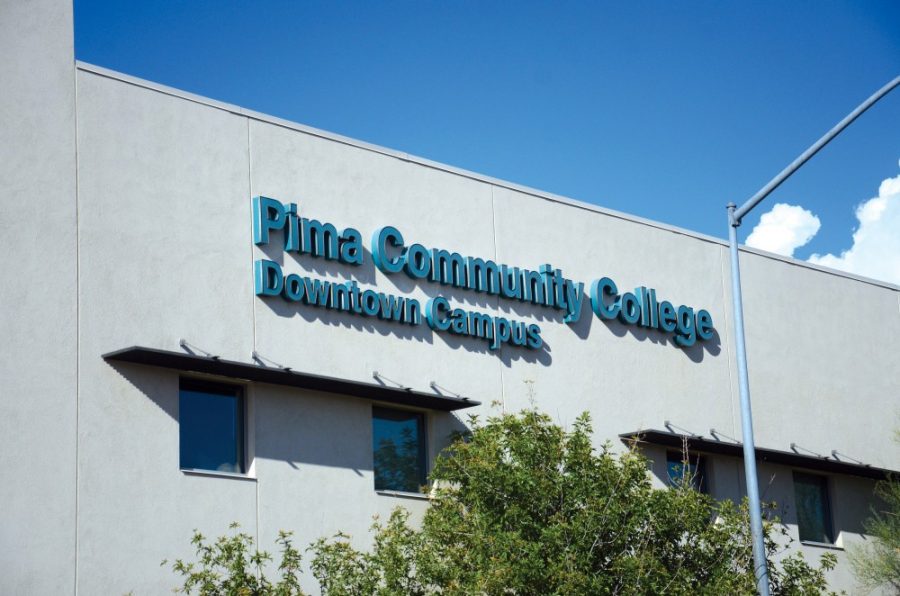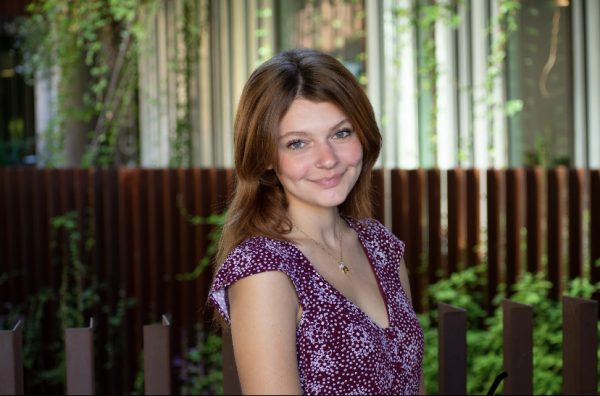As young people, many of us often feel like we are invincible. We look out the window and observe all the awful things in the world, things we think could never happen to us.
I think it’s time we realize this notion couldn’t be further from the truth.
More times than I would like, I have seen University of Arizona students address the homeless population here in Tucson in a way that is worse than how most people treat their dogs. I’ve seen people take videos of these people experiencing homelessness and poverty as if they are a laughable commodity to be shared and sent on social media.
I observe these disappointing actions and while, yes, I am bothered — I am reminded of the delusion that so many of us young people carry. That this couldn’t happen to us. That there is some large division between us and those on the street, as if we are two separate beings in two different worlds. As students — but more importantly, as humans — it’s time to learn how to help, not judge.
I spoke with UA professor Brian Mayer, creator of the Poverty in Tucson Field workshop. Together, we had a conversation about how the project was born and what students can do about poverty here in Tucson.
“It got started, the idea, probably all the way back to 2012. The first course was offered in 2015. In 2012, the U.S. census office released the census data and placed Tucson as the eighth poorest city of its size. That was unsurprising but to have that label created was challenging,” Mayer said.
The census data created a domino effect, of sorts, which led to the City of Tucson contacting the UA School of Sociology to collect some data about poverty and homelessness in the area.
Mayer said one of the biggest questions behind the data was to find out whether the poverty threshold really measured material deprivation in Tucson or is the cost of living lower than a city like New York and the same poverty measure is being used.
To answer this question, the Poverty in Tucson workshop was created with the intention to create a course where students can learn about the root causes and consequences of poverty. By doing this and educating students, they can become a part of the future generation to solve this problem and apply the information to real life.
The class, which is taught in the sociology department, focuses mainly on research where students interview various households and families in Tucson to help understand poverty firsthand and learn about possible solutions.
Students conduct surveys within these households, analyzing them and presenting the data back to the community at a forum hosted by the UA College of Social and Behavioral Sciences.
RELATED: OPINION: Self love is not selfish
So, how is this information helping the homeless and impoverished in Tucson?
“We feed [that] data back to other city agencies and nonprofits looking to improve their service delivery to households that need it. We can help to add insight as to what’s going on on the ground. That’s been the challenge of the course, and it’s been a fun and exciting thing we’ve been doing since 2015,” Mayer said.
Perhaps what is the most innovative part of the course is that students are interacting with these households one-on-one. They aren’t learning about poverty through a screen, or by reading an online text — they are seeing it firsthand. I found this to be incredibly important to separate the divide that so many of us unconsciously carry in our minds.
We cannot look from the outside in and expect to create real change — Poverty in Tucson exemplifies that perfectly.
I asked Mayer what he thinks are the first steps into ending the stigma against poverty and what students can do to make a difference.
“I think we change the terms that we use,” Mayer said. “In my class, we change the terms. We say people experiencing poverty or people experiencing homelessness. We don’t say poor people or homeless people because it becomes a descriptor of who they are. It infers something about their character that we can’t possibly know without interacting with them.”
A small step like this can make big waves in Tucson. I finished the conversation with Mayer by asking him what the most rewarding part of his work and teaching the course has been.
“I run into people all the time. They’re like ‘Dr. Mayer, I took your course. I had a notion of what poverty was or what experiencing homelessness was like, but I never really had a chance to interact with people like that.’ Listening to their story, it really inspired me to go on,” Mayer said.
Mayer definitely isn’t the only one inspired. In order for change to occur, we must first offer our humility and understanding. It’s the least we can do as students here in Tucson — the least we can do as humans.
Follow Olivia Krupp on Twitter
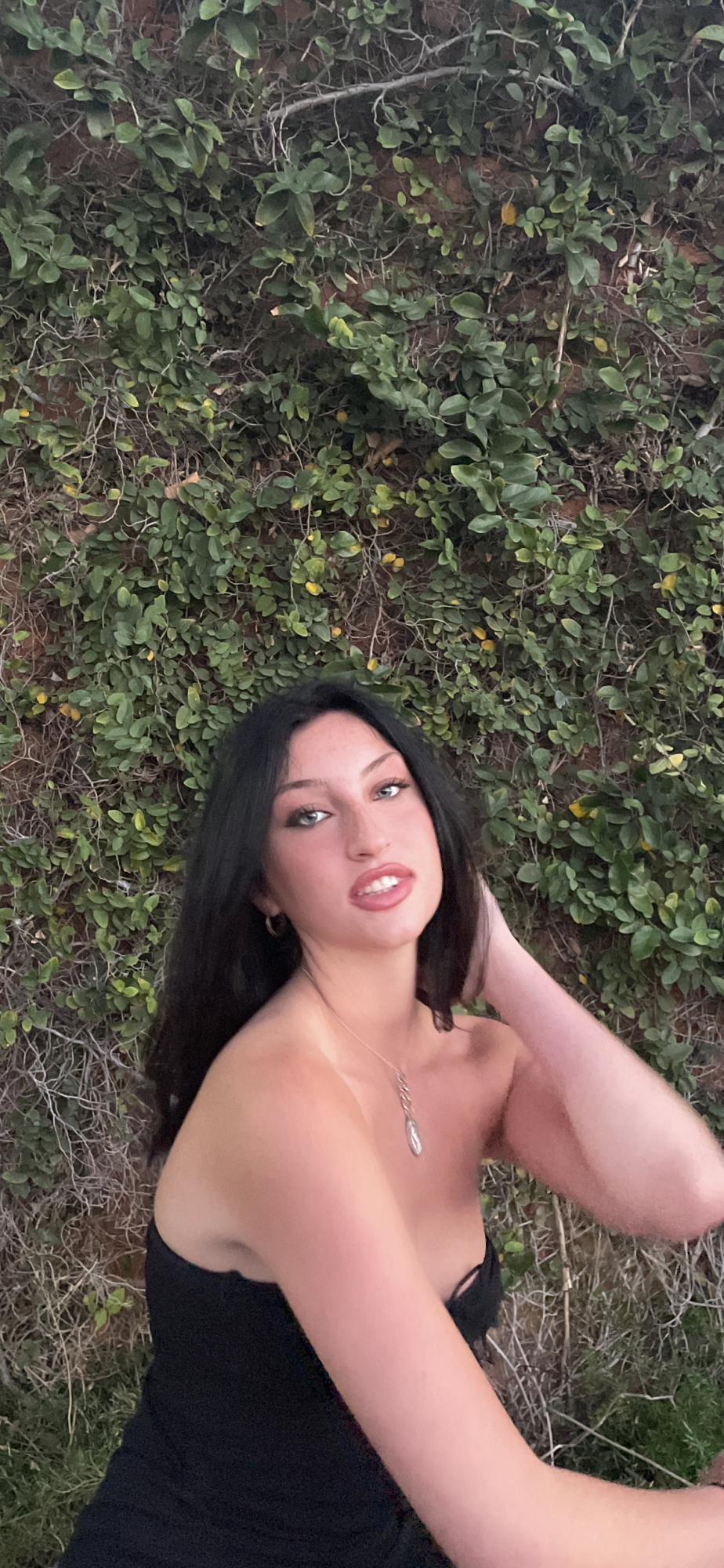
Olivia is a freshman who has yet to declare her major. She enjoys reading, foreign films and poetry in her free time



